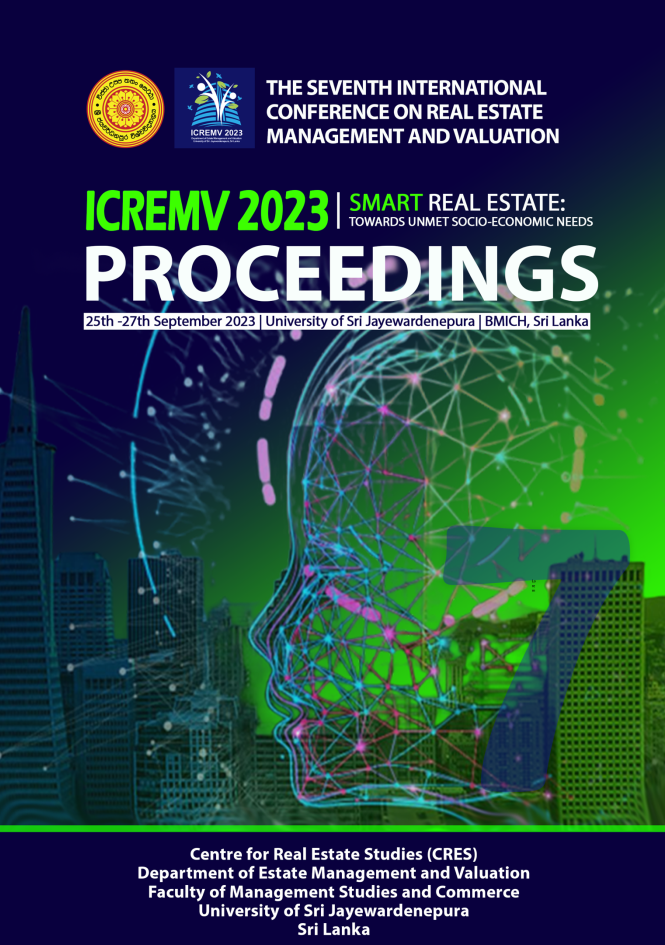Enhancing Sustainable Rural Development in Sri Lanka: A Study of Community-Centered Approaches and Volunteerism in Ohiya, Karagahayaya, and Moragahapallama
DOI:
https://doi.org/10.31357/icremv.v7.6772Abstract
This study investigates community-based volunteer programs in Sri Lanka, with a specific focus on development initiatives that emphasize community participation. The research identifies three primary development approaches: "Community-Oriented Development," "Community-Engaged Development," and "Community-Driven Development." These approaches aim to promote the adoption of sustainable and effective development practices by actively involving volunteers. The study's findings reveal shortcomings in existing approaches, including issues related to sustainability and their alignment with the intended beneficiary areas. This conclusion is based on a rigorous review and comprehensive analysis of the subject. To address these challenges, the research provides valuable examples of community-centered development efforts that are highly recommended. The study benefited significantly from the inclusion of three key case study regions in Sri Lanka: Ohiya, Karagahayaya, and Moragahapalla. The active involvement and collaboration of local residents played a pivotal role in shaping the outcomes and ensuring the relevance and feasibility of the proposed development strategies. In summary, this research centers on development projects in Sri Lanka that prioritize community involvement and participation. The active engagement of local residents is instrumental in shaping the outcomes and validating the practicality of the proposed development strategies.


